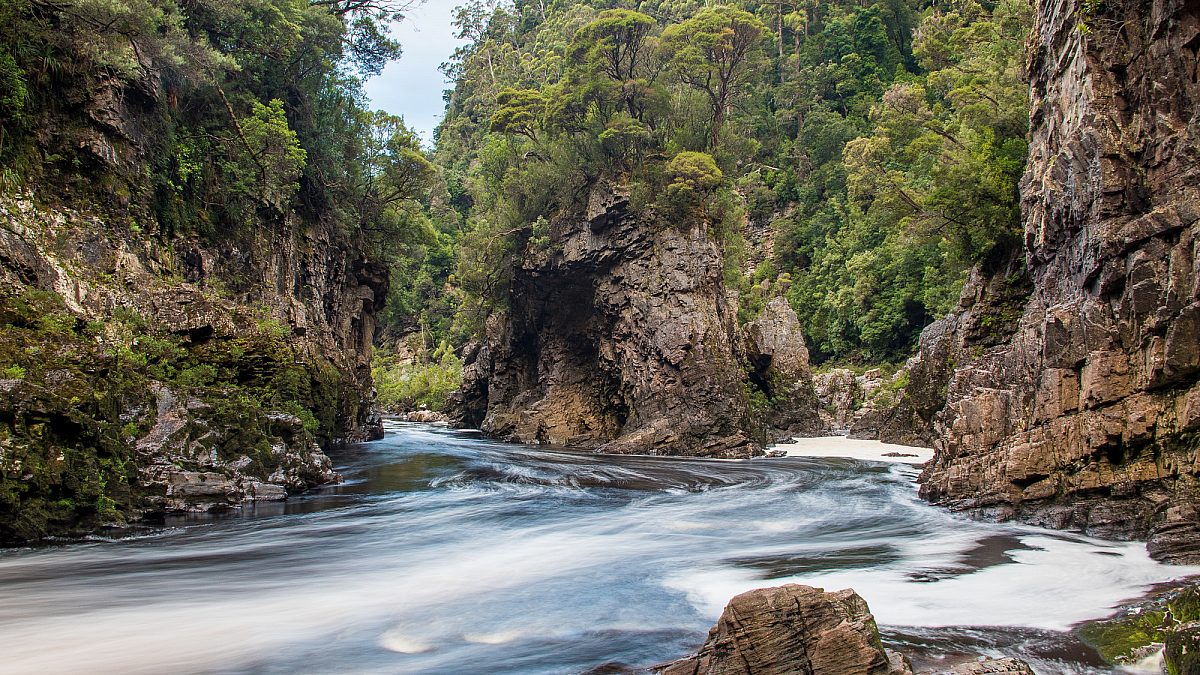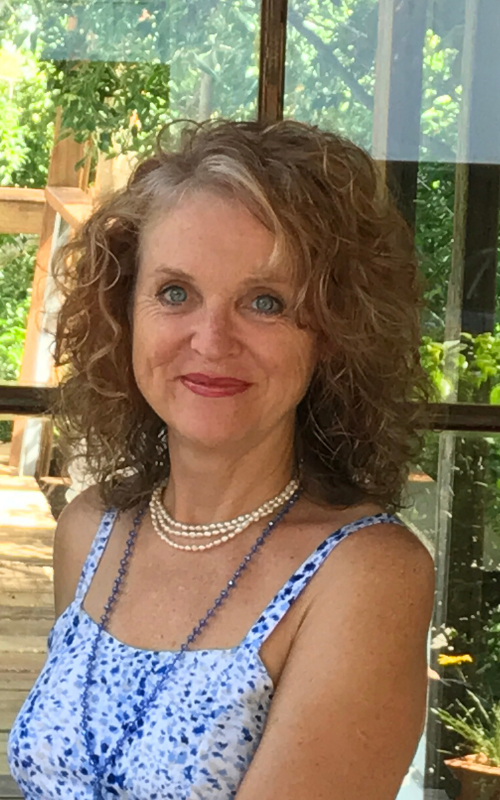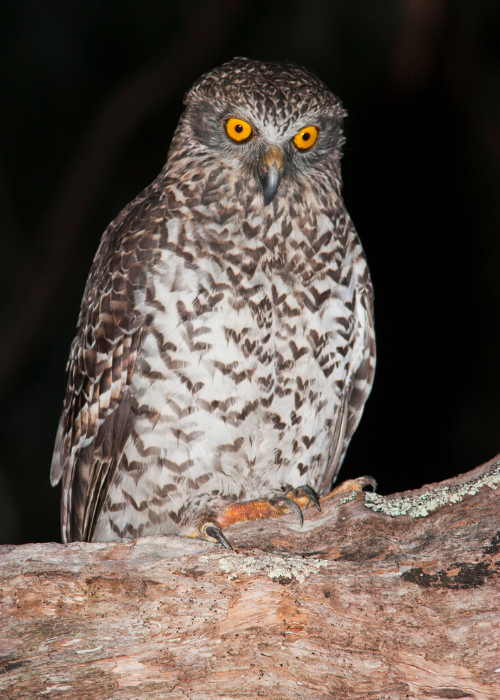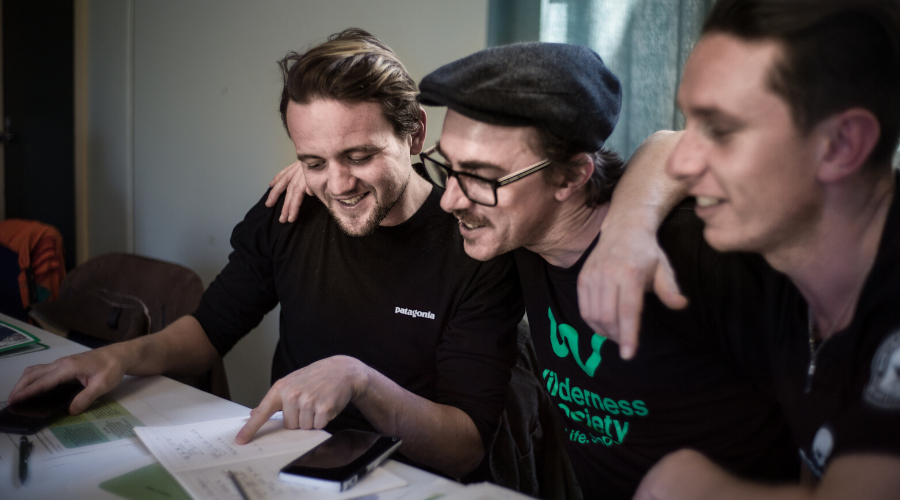
Learning from the past
Wilderness Society volunteer Annie O’Moon-Browning has a love for nature that can be traced back to her grandfather, who made his fortune harvesting timber from Tasmania’s native forests...

For some people, a call to defend nature is in their blood. Annie O’Moon-Browning has been fighting to protect the environment for much of her life, in fact her involvement with the Wilderness Society goes all the way back to its inception in Hobart in the 1970s and the protest to protect the Franklin River. She’s now a part of the Metro-North community group in Brisbane and works closely with the Wilderness Society.
But Annie’s passion for environmental protection can be traced back even further, through generations. “My parents were ardent environmentalists. My mother, the daughter of Lewis Reginald Benjamin,” she says.
“Grandpa was the first person in Australia to make Australian news print out of Australian hardwood. In the 1920s, he sourced the hardwood from the old-growth native forests of Tasmania. Today, he could be seen as one of Tasmania's original environmental vandals.
“Primary industry and the innovations that he was responsible for were a necessity of that era. Australia was struggling in the Great War recession.
“If he was alive today, I know he would be horrified at what he started and at global forest destruction. He loved the wilderness. Many stories came through my family of trips to Mt Field National Park where he skied with my Grandma, Mum and Aunt.
“Because of this love of wild spaces and his ultimate emotional respect for nature, he created two families of ardent environmentalists. The love of nature is part of my heritage, despite or inspired by Grandpa’s legacy.”
Annie’s deep-seated passion for the environment has seen her campaign successfully at a local level to stop zip lines being installed from the top of Mt Coot-tha in Brisbane. The tourist attraction would have interfered with the breeding area of powerful owls. “The community group training program was inspiring and it gave me the skills to mobilise the community with the Mt Coot-tha campaign and stop the zip lines,” recalls Annie. “We mobilised a large number of people to sign up to send submissions and it was a successful campaign.

“You don't mess with the powerful owls’ breeding grounds. With effective nature laws, there wouldn't have been a question of there being any kind of development like that on Mt Coot-tha.”
Taking her experience from this successful local campaign and her training, she’s now tackling that root problem: a lack of effective environmental laws. Working with her Metro-North group in Brisbane, Annie generated as many public submissions for the EPBC Act review process as she could.
Every 10 years our environment laws are reviewed. As they exist now they are woefully ineffective, making the submission process a once-in-a-decade opportunity to get strong protections in place for our wild spaces and the wildlife it supports.
Annie spread the word within her community about the importance of making a submission to the EPBC review and inspired people to make 26 submissions, an incredible solo effort. Using the skills she learnt with the Wilderness Society organising training program, she then worked on getting these people involved in her local community group so they could then replicate her impact themselves.
"We need to address the nature laws because they underpin the dysfunction of the Government in being able to protect effortlessly and seamlessly the forests, the fauna and flora, the watercourses, oceans and reefs. The nature laws are just simply not doing the job that they're supposed to do," says Annie. "If enough Australians put in a submission then I believe that we have a real chance to change the laws."

Adding a personal story was part of making an effective submission to the EPBC review, but Annie didn’t lean on her rich family history to get her points across. She described how she’d seen the creeks dry up near her home in suburban Brisbane as conditions worsen due to climate change. In doing this she was able to address a local environmental issue and how it was being exacerbated by the global threat of climate change.
“What I have learnt from Louis Reginald Benjamin is that there can be no blame for past generations’ actions. Conversely, I have come to understand that we must learn from history,” says Annie. “We all need to step up every day in every possible way to look after our planet.”
The government also needs to learn from history, from a past decade of failed environmental laws that are worsening the extinction and climate crises. It needs to listen to the voices of people like Annie, who have demanded action loud and clear.
Top image: Franklin River by Glenn Dawes